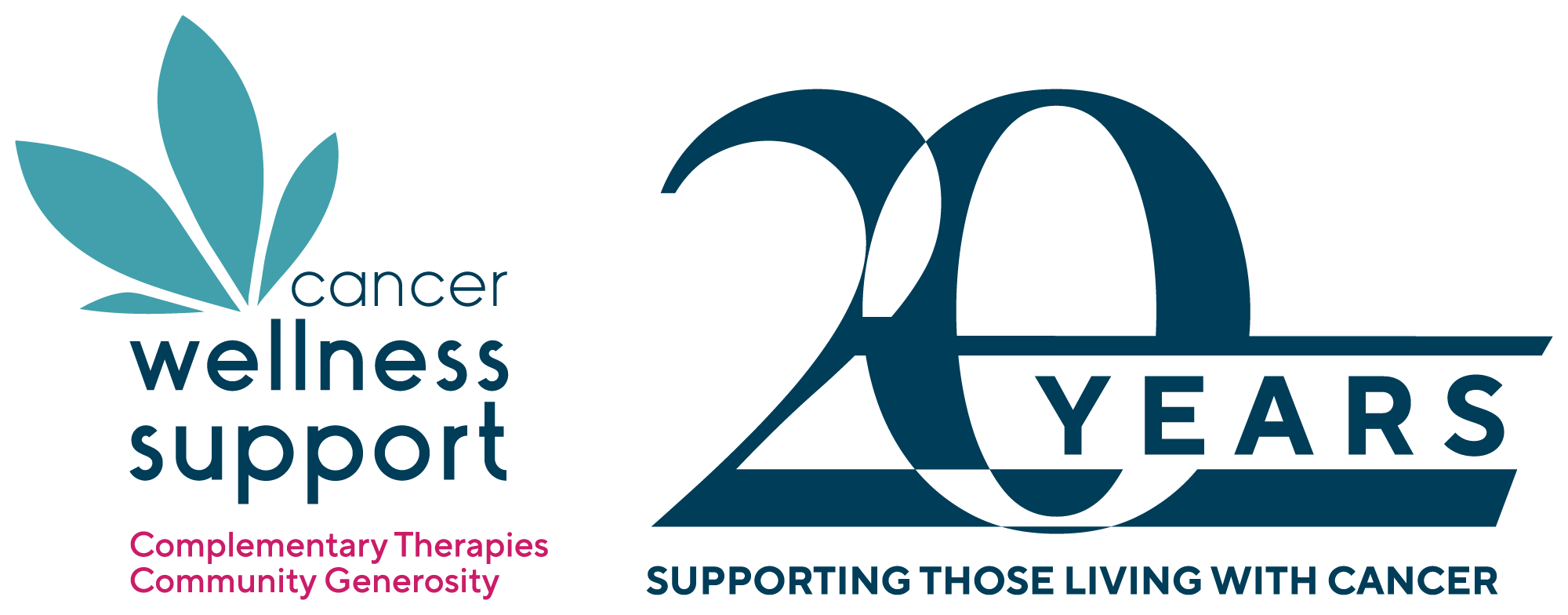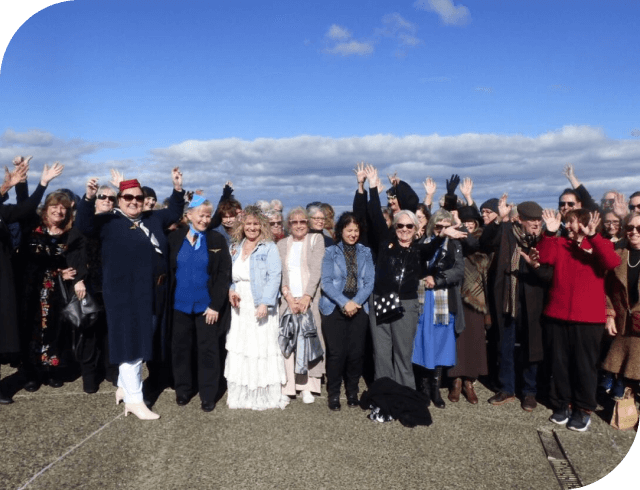
Wellness And Therapy Guides
Gentle Yoga
What is Gentle Yoga?
Gentle yoga is a modified form of yoga practice with an emphasis on promoting relaxation, reducing stress, and improving overall wellbeing.
Unlike traditional yoga classes, which may include vigorous movements and challenging poses, gentle yoga for cancer focuses on gentle, slow-paced movements, and restorative postures.
Poses are modified to ensure comfort and safety, with props such as bolsters, blankets, and chairs used to provide support and stability. Breathing exercises and meditation techniques are incorporated to enhance mindfulness.
Gentle yoga is suitable for everybody, regardless of age, fitness, state of health or belief system or prior experience of yoga.
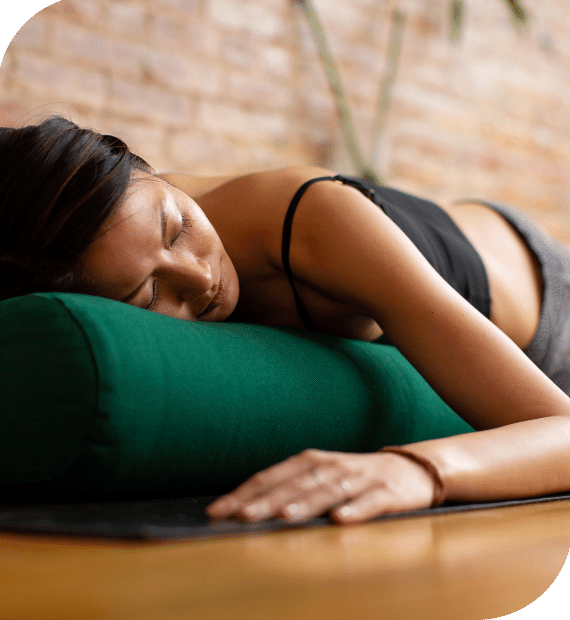
Gentle yoga is a modified form of yoga practice with an emphasis on promoting relaxation, reducing stress, and improving overall wellbeing.
Unlike traditional yoga classes, which may include vigorous movements and challenging poses, gentle yoga for cancer focuses on gentle, slow-paced movements, and restorative postures.
Poses are modified to ensure comfort and safety, with props such as bolsters, blankets, and chairs used to provide support and stability. Breathing exercises and meditation techniques are incorporated to enhance mindfulness.
Gentle yoga is suitable for everybody, regardless of age, fitness, state of health or belief system or prior experience of yoga.
Benefits for People Living With Cancer
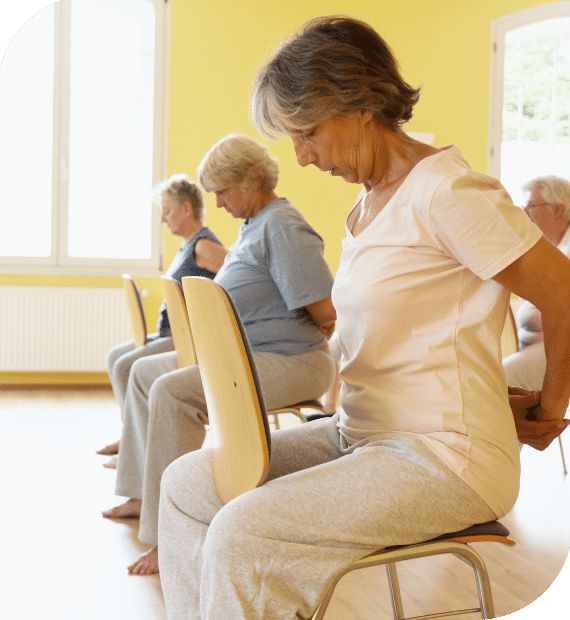
Gentle yoga promotes increased balance and flexibility, which can be particularly beneficial for people experiencing stiffness or limited mobility. It fosters relaxation and helps release tension in the muscles, which may help to reduce pain.
It can help to improve sleep quality by calming the mind and relaxing the body, offering respite from the restlessness often associated with cancer-related stress and fatigue.
Studies suggest that yoga can lead to significant improvements in psychological wellbeing, including depression, anxiety, and distress.
Participants can cultivate a sense of peace, acceptance, and empowerment as they engage in mindful movement and breathwork.
Benefits for People Living With Cancer
Gentle yoga promotes increased balance and flexibility, which can be particularly beneficial for people experiencing stiffness or limited mobility. It fosters relaxation and helps release tension in the muscles, which may help to reduce pain.
It can help to improve sleep quality by calming the mind and relaxing the body, offering respite from the restlessness often associated with cancer-related stress and fatigue.
Studies suggest that yoga can lead to significant improvements in psychological wellbeing, including depression, anxiety, and distress.
Participants can cultivate a sense of peace, acceptance, and empowerment as they engage in mindful movement and breathwork.
Benefits for Carers
Carers often experience high levels of emotional and physical strain while supporting their loved ones, and gentle yoga can provide a much-needed opportunity for self-care and stress relief.
Engaging in gentle yoga can help to promote relaxation and reduce muscle tension. Through mindful movements and soothing breathwork, gentle yoga offers carers a chance to find rest and rejuvenation.
Gentle yoga also fosters a sense of community and support, allowing carers to connect with others who share similar experiences.
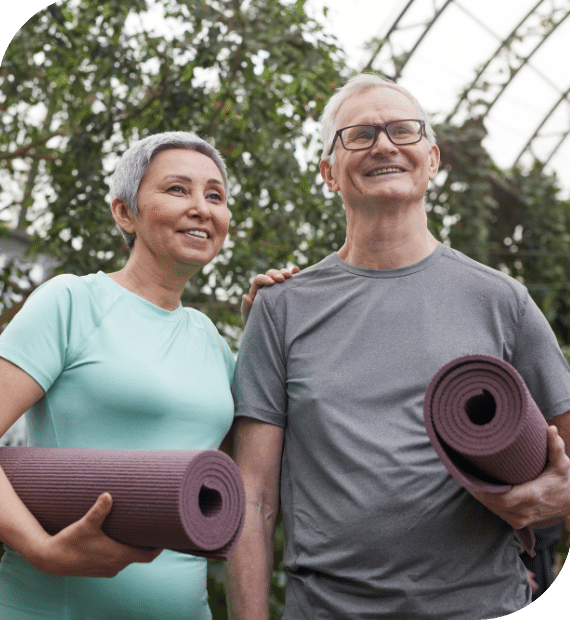
Carers often experience high levels of emotional and physical strain while supporting their loved ones, and gentle yoga can provide a much-needed opportunity for self-care and stress relief.
Engaging in gentle yoga can help to promote relaxation and reduce muscle tension. Through mindful movements and soothing breathwork, gentle yoga offers carers a chance to find rest and rejuvenation.
Gentle yoga also fosters a sense of community and support, allowing carers to connect with others who share similar experiences.
What to Expect from Your Session
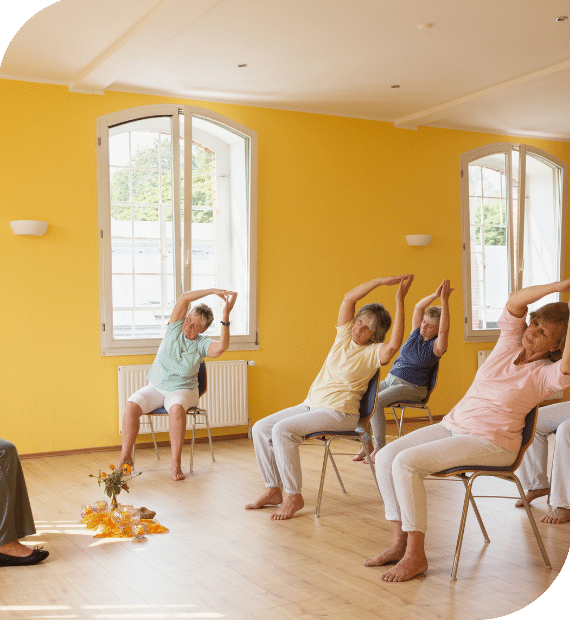
In a gentle yoga class, you can expect a soothing and nurturing environment where you are encouraged to move mindfully and honour your body’s needs.
The class typically begins with a brief meditation to help you be present in the current moment. From there, the therapist guides you through a series of gentle poses.
Breathing exercises, or pranayama, are often integrated to help calm the mind and deepen relaxation. You are encouraged to listen to your body and modify poses as needed to ensure comfort and safety.
Classes are held for 60 minutes with a small number of people per class.
You can expect to leave feeling rejuvenated, centred, and more connected to your body and breath.
What to Expect from Your Session
In a gentle yoga class, you can expect a soothing and nurturing environment where you are encouraged to move mindfully and honour your body’s needs.
The class typically begins with a brief meditation to help you be present in the current moment. From there, the therapist guides you through a series of gentle poses.
Breathing exercises, or pranayama, are often integrated to help calm the mind and deepen relaxation. You are encouraged to listen to your body and modify poses as needed to ensure comfort and safety.
Classes are held for 60 minutes with a small number of people per class.
You can expect to leave feeling rejuvenated, centred, and more connected to your body and breath.
References
- Hatha Yoga | Yoga Journal
- What is Hatha Yoga? | Ekhart Yoga
- Hatha Yoga | SoulAdvisor
- Effectiveness of Hatha Yoga Versus Conventional Therapeutic Exercises for Chronic Nonspecific Low-Back Pain | The Journal of Alternative and Complementary Medicine | Mary Ann Liebert, Inc. Publishers
- Hatha Yoga for Depression: Critical Review of the Evidence for Efficacy, Plausible Mechanisms of Action, and Directions for Future Research | Journal of Psychiatric Practice
- Hatha yoga on body balance | PMC | National Center for Biotechnology Information
- Supporting Cancer Treatment Through Naturopathy And Yoga | SoulAdvisor Foundation
